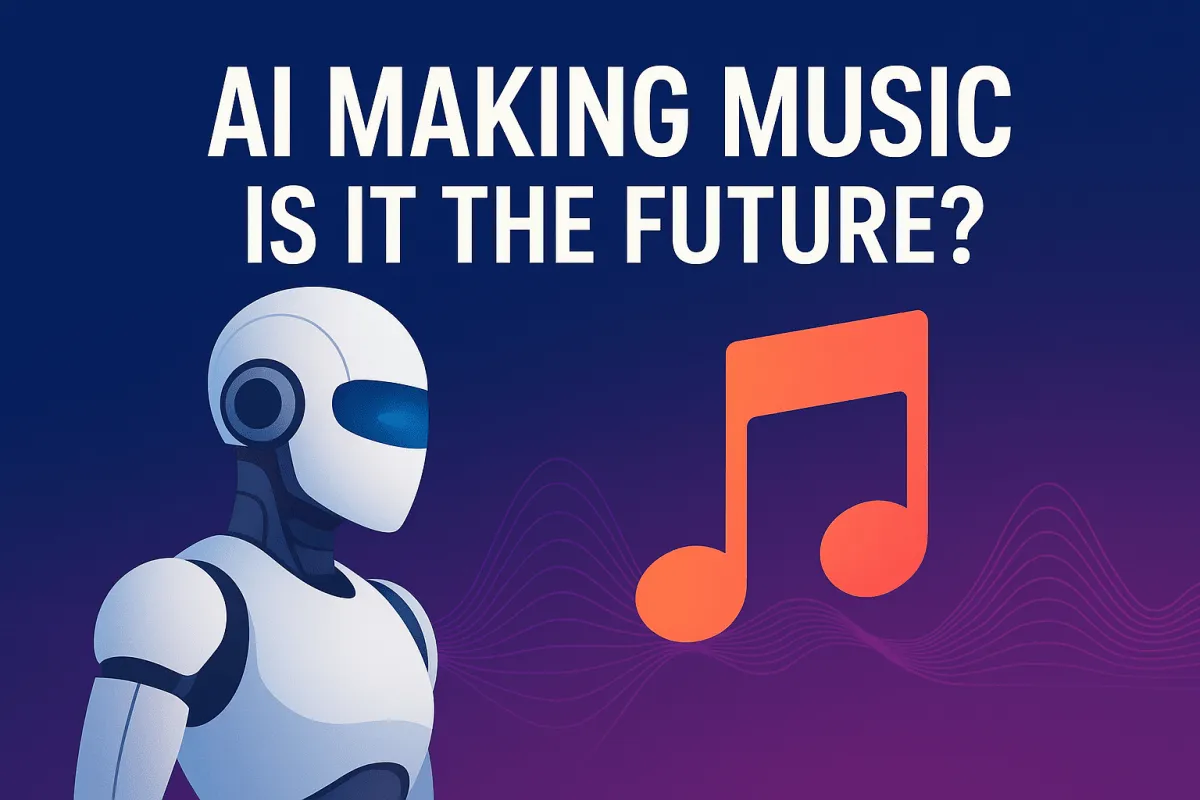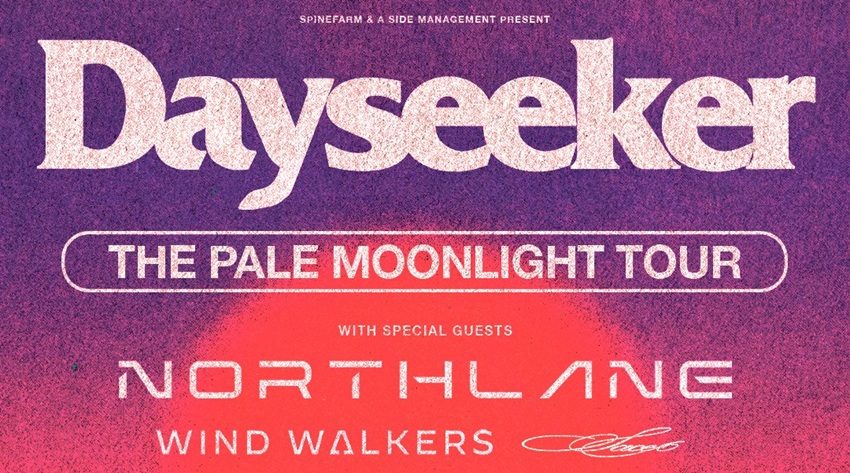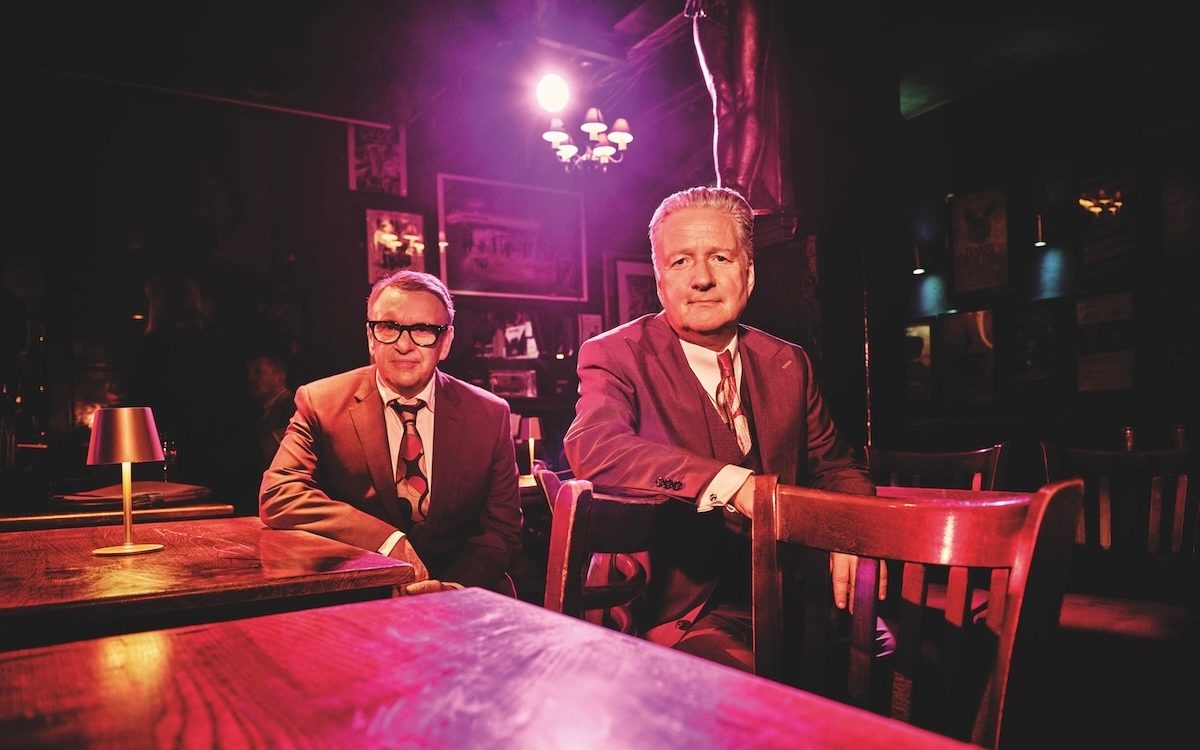
Artificial intelligence is rapidly transforming the world of music. What once required years of training, expensive equipment, and complex technical skills can now be achieved with a few clicks using AI. From generating instrumentals to writing lyrics and even recreating voices, AI is pushing the boundaries of creativity and music production.
This shift has raised some of the most important questions in the modern music landscape: Is AI the future of music? Can it replace human artists? Or is it simply a tool that enhances what musicians can already do?
To understand its impact, we need to explore how AI creates music, its benefits, its limitations, and what role it will play moving forward. Meanwhile if you want to try Tongits free download, try GameZone now!
How AI Creates Music TodayAI-generated music is possible because of advanced machine learning systems trained on massive amounts of audio data. These systems learn rhythm, melody, harmony, structure, and even emotional tone, enabling them to produce new compositions that sound surprisingly human.
Here are the most common ways AI is currently used in music:
1. AI Music Composition
Tools like Suno, AIVA, Amper, and Soundraw can create complete musical tracks based on simple prompts. You can select a genre, mood, tempo, or keyword, and the AI will generate a full, original composition.
2. AI-Assisted Production
AI plugins in professional software analyze audio to enhance mixing, mastering, noise reduction, and arrangement. Tools such as iZotope Ozone, Neutron, and LANDR allow beginners to produce studio-quality sound.
3. AI Lyric Generation
Language models can write lyrics in specific styles, themes, and emotional tones. Artists often use these tools for brainstorming and idea expansion.
4. AI Voice Cloning
This controversial but fast-growing area uses AI to mimic real voices with high accuracy. Some producers use AI-generated vocals to create demos or conceptual tracks.
5. AI for Sampling and Remixing
AI can isolate vocals or instruments from existing music, allowing producers to remix or manipulate songs more efficiently.
This combination of technology and creativity represents one of the most exciting innovations in modern music history.
The Advantages of AI in Music CreationThe rise of AI is not random. It solves real challenges for musicians, content creators, and producers.
1. Faster and More Efficient Production
AI dramatically reduces the time needed to compose or produce a track. Musicians who once spent hours perfecting a melody or mix can now generate ideas instantly and refine them with human creativity.
2. Accessible for Beginners
You no longer need expensive equipment or years of music theory to create music. AI tools provide intuitive, guided platforms that empower anyone to become a creator.
3. Supports Creative Exploration
When musicians face creative blocks, AI-generated ideas—chord progressions, beats, lyric suggestions—can spark new inspiration.
4. Cost-Effective for Independent Artists
Not all artists have the budget for professional mixing or mastering. AI tools provide affordable alternatives without compromising quality.
5. Ideal for Content Creators and Businesses
AI-generated background music is invaluable for YouTubers, advertisers, filmmakers, and small businesses who need royalty-free music tailored to their brand.
These benefits show why AI adoption continues to accelerate across the music industry.
The Limitations and Concerns of AI MusicDespite its power, AI music raises important ethical, creative, and legal questions.
1. Limited Emotional Depth
AI can mimic musical style, but it lacks the lived experience that gives human music emotional weight. Human creativity is rooted in feeling, culture, and personal storytelling—areas where AI still lags.
2. Copyright and Ownership Issues
Since AI is trained using existing music, there are concerns about unintended similarities or potential copyright violations. Questions about who owns AI-generated music also remain unresolved.
3. Ethical Problems with Voice Cloning
Unauthorized voice cloning of popular artists raises concerns about impersonation, misinformation, and artistic integrity.
4. Risk of Over-Saturation
AI can produce thousands of tracks quickly. This may flood streaming platforms with generic music, making it harder for genuine artists to stand out.
5. Fear of Job Displacement
Session musicians, jingle creators, composers for low-budget projects, and producers worry AI may reduce demand for their work. While AI will not fully replace human creativity, it may shift industry dynamics.
Understanding these limitations is essential for creating responsible, ethical, and sustainable use of AI in music.
Is AI Really the Future of the Music Industry?The future of music will be shaped by both humans and AI. While AI is powerful, it is not a full replacement for human talent. Instead, it is likely to transform the industry in several key ways:
1. Human Artists Will Still Lead
Music is fundamentally human. Fans connect with stories, personalities, struggles, and authentic voices. AI-generated songs cannot replace the cultural and emotional depth that human artists provide.
2. AI Will Become a Creative Partner
Instead of replacing musicians, AI will act as a collaborator. Producers and artists will use AI for idea generation, sound design, arrangement, and experimentation.
3. Democratization of Music
Anyone with a smartphone or laptop can now create high-quality music. This lowers barriers and allows more diverse voices to participate in the industry.
4. Expansion of New Genres and Sounds
AI will introduce soundscapes and musical styles never heard before. Hybrid genres combining human creativity with AI-generated patterns will continue to emerge.
5. New Music Careers Will Evolve
As AI grows, new roles will appear, including AI vocal designers, algorithm trainers, and digital performance creators.
AI is not replacing artists—it is reshaping the ecosystem.
Conclusion: AI Is Transforming Music, but Humans Are Still at the CenterAI making music is no longer a futuristic concept—it is happening now. It accelerates creativity, reduces production barriers, and opens new opportunities for musicians and creators. But its limitations also highlight the importance of human emotion, authenticity, and storytelling.
The future of music is not AI versus humans. It is humans using AI as a powerful creative companion.
AI will shape the next era of music, but human creativity will always lead it.
Disclaimer: This story is auto-aggregated by a computer program and has not been created or edited by beatsway.
Publisher: Source link
Top Categories
Recent News
Daily Newsletter
Get all the top stories from Blogs to keep track.




